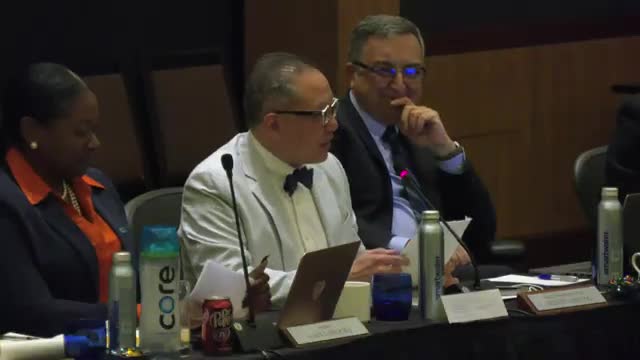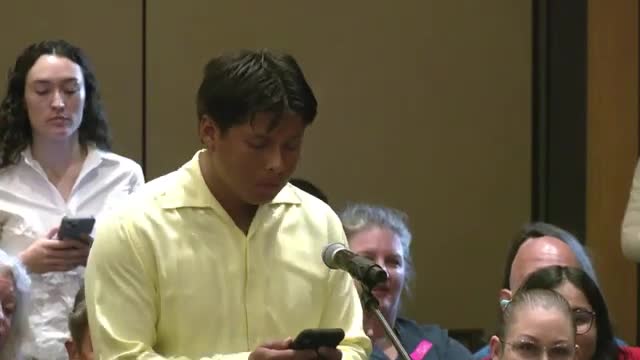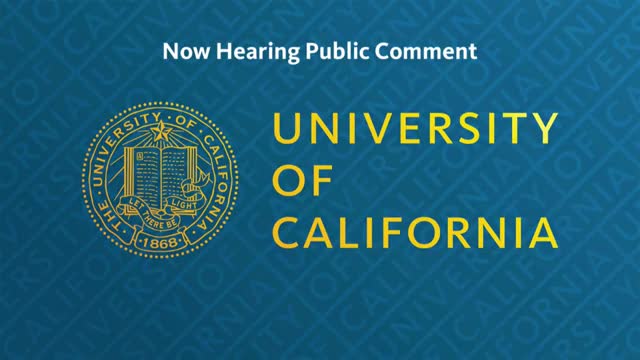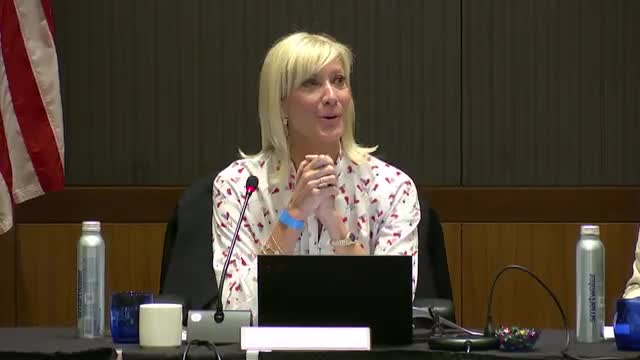Article not found
This article is no longer available. But don't worry—we've gathered other articles that discuss the same topic.

Academic Senate urges system response to federal funding changes, outlines steps for online degrees and research recovery

Students and advocates press regents to keep tuition caps, restore aid and extend protections for student parents

Workers and unions urge Regents to reverse layoffs, protect health care and wages

